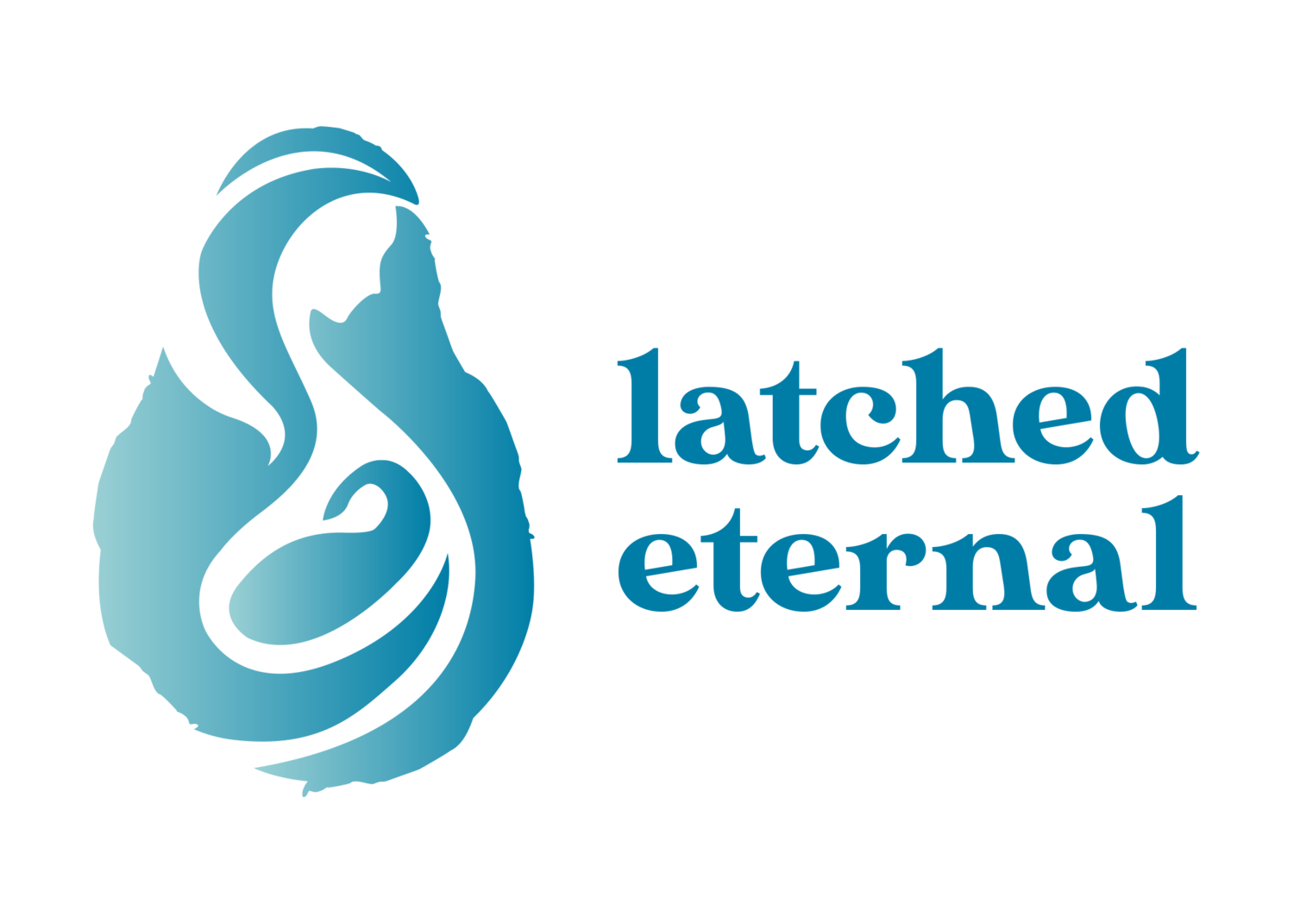The Power of a Prenatal Consult
There isn’t much that needs to be done in terms of physical preparation for breastfeeding but a lot that can be done in terms of mental preparation. A group class is a great way to receive basic information about the “what, why and how” when it comes to breastfeeding. It truly never is, one size fits all. Every person has different goals, different views, different bodies and every baby is different. The important takeaway from a class is to learn what is normal and not normal, so when those “not so normal” things are occurring, you will have increased awareness which will encourage you to reach out for help sooner.
That is why prenatal consults are so empowering. You don't need to learn all of these new tasks and skills during the days right after birth when you are already sleep deprived and exhausted. You can learn them before baby arrives and set up a plan of care if you have any specific needs such as gestational diabetes, a preterm baby, a small/large for gestational age baby, planned C-section, breast surgery/trauma in the past, hypoplasia/IGT, etc. You will go into this new experience with a set plan with interventions and realsitic expectations!
The fluffy pictures we post of people breastfeeding effortlessly often don’t just happen. There is blood, sweat and tears that got that person to the point they are at in that picture. These are the things we don’t often talk about to other people, but we need to talk about it. At the start of class I ask all the attendees what they know or have heard about breastfeeding. The answers vary from time to time but usually a few resounding themes are prominent. The responses sound something like… “Terrified…What if I can’t do it…societal pressure to breastfeed…cultural barriers…concerned about how much baby is getting…mastitis...judged if I can’t breastfeed…difficulty latching…painful to latch.”
These concepts can belong to the whole room or belong to individuals, it is difficult in a class setting to provide individualized counseling to families. Each person has concerns that are specific to their body and their lived experiences. A prenatal consult is a great way to receive information that is specific to your concerns and your body. You can set a plan…or two prior to delivery. Knowing what you’re walking into, can help alleviate some of the stress and worries that come along with the fear of the unknown.
Anthropological research has shown that across cultures and continents women have the same breastfeeding concerns but the difference with those cultures that have higher breastfeeding rates at 3 or even 6 months post-partum is - support. Not just their partner but their community, their country, their workplace; all support their commitment which enhances their experience.
Post-partum support groups are great and most of them encourage you to attend prenatally as well. Attending support groups before your baby arrives gives you a chance to get comfortable with the meeting space, the facilitators of the group and hear the experiences of other women. You may walk away with some new found knowledge that will help you set realistic expectations for your journey. All of this prep work prior to delivery- attending support groups, breastfeeding classes and a prenatal consult with an IBCLC - will give you the power to prevail when you experience difficulty.
In addition, having a prenatal consultation can establish a trusting relationship with a lactation professional that will grow and continue after delivery and likely throughout your breastfeeding journey. The prenatal consultation will give you the information, confidence and power to help you during this overwhelming transition - it will give you the power to know that, YOU GOT THIS!
Did you know under the ACA many insurance companies need to provide lactation coverage? Check this toolkit to find out what your benefits are!
https://www.nwlc.org/sites/default/files/pdfs/final_nwlcbreastfeedingtoolkit2014_edit.pdf

